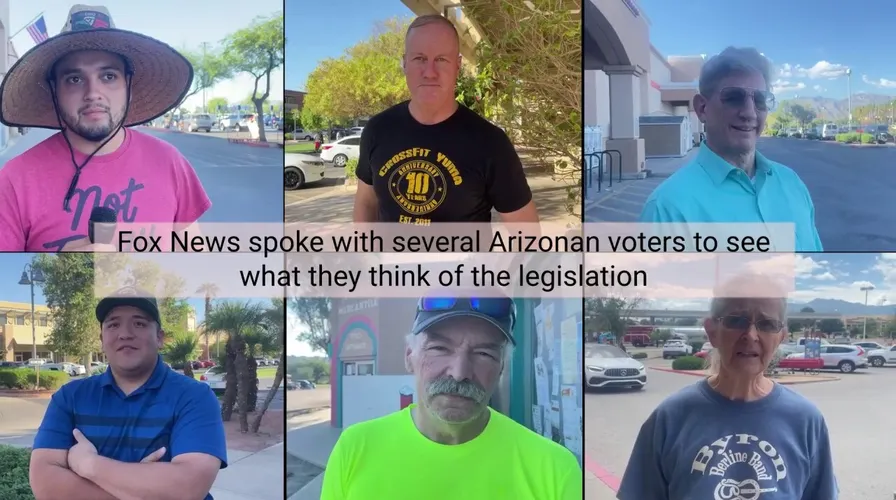In a crucial ruling ahead of Arizona’s state and local elections, the Arizona Supreme Court has decided that nearly 98,000 voters whose citizenship status was left unverified due to a state software error will still be allowed to cast their ballots. This decision comes as the state prepares for tight legislative races and pivotal ballot measures, making these votes potentially decisive.
The error, caused by a coding oversight in Arizona’s voter registration system, affected individuals who obtained their driver’s licenses before 1996 but registered to vote after 2004. Secretary of State Adrian Fontes, a Democrat, and Maricopa County Recorder Stephen Richer, a Republican, clashed over whether these voters should be limited to federal elections or allowed to vote in state and local contests. Fontes argued that blocking them would violate their rights, while Richer sought a ruling from the court.
The court’s unanimous decision sided with Fontes, ruling that these voters should not be penalized for a database error over 20 years ago. Chief Justice Ann Scott Timmer wrote that disenfranchising such many voters just before the election would be unjust, mainly since they had attested to their citizenship under penalty of law when registering to vote.
Most affected voters live in Maricopa County and are longtime residents, with 37% registered as Republicans, 27% as Democrats, and the rest as independents or minor party members. This ruling could influence critical races, including legislative seats and ballot initiatives on abortion rights and immigration laws.
While Fontes called the ruling a victory for voter rights, Richer also expressed relief at the court’s decision, acknowledging that the ruling would ease administrative burdens in updating voter statuses. Election officials plan to contact affected voters after the election to resolve any remaining citizenship documentation issues.

